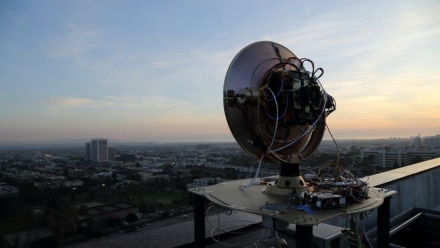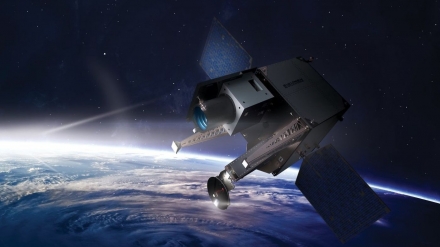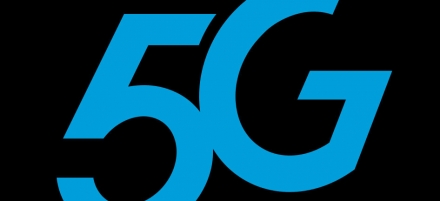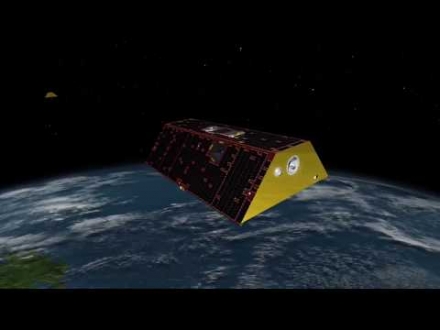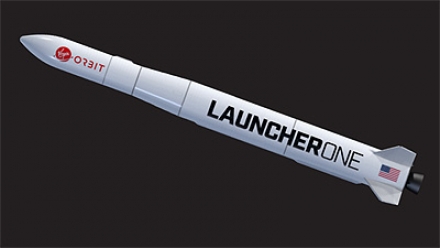Northrop Grumman, DARPA Set New Standard for Wireless Transmission Speed
August 31, 2018From Northrop Grumman:
REDONDO BEACH, Calif. – Aug. 22, 2018 – Northrop Grumman Corporation (NYSE: NOC) and the Defense Advanced Research Projects Agency (DARPA) have set a new standard for wireless transmission by operating a data link at 100 gigabits per second (Gbps) over a distance of 20 kilometers in a city environment.
The two-way data link, which featured active pointing and tracking, was demonstrated Jan. 19, 2018 in Los Angeles.

